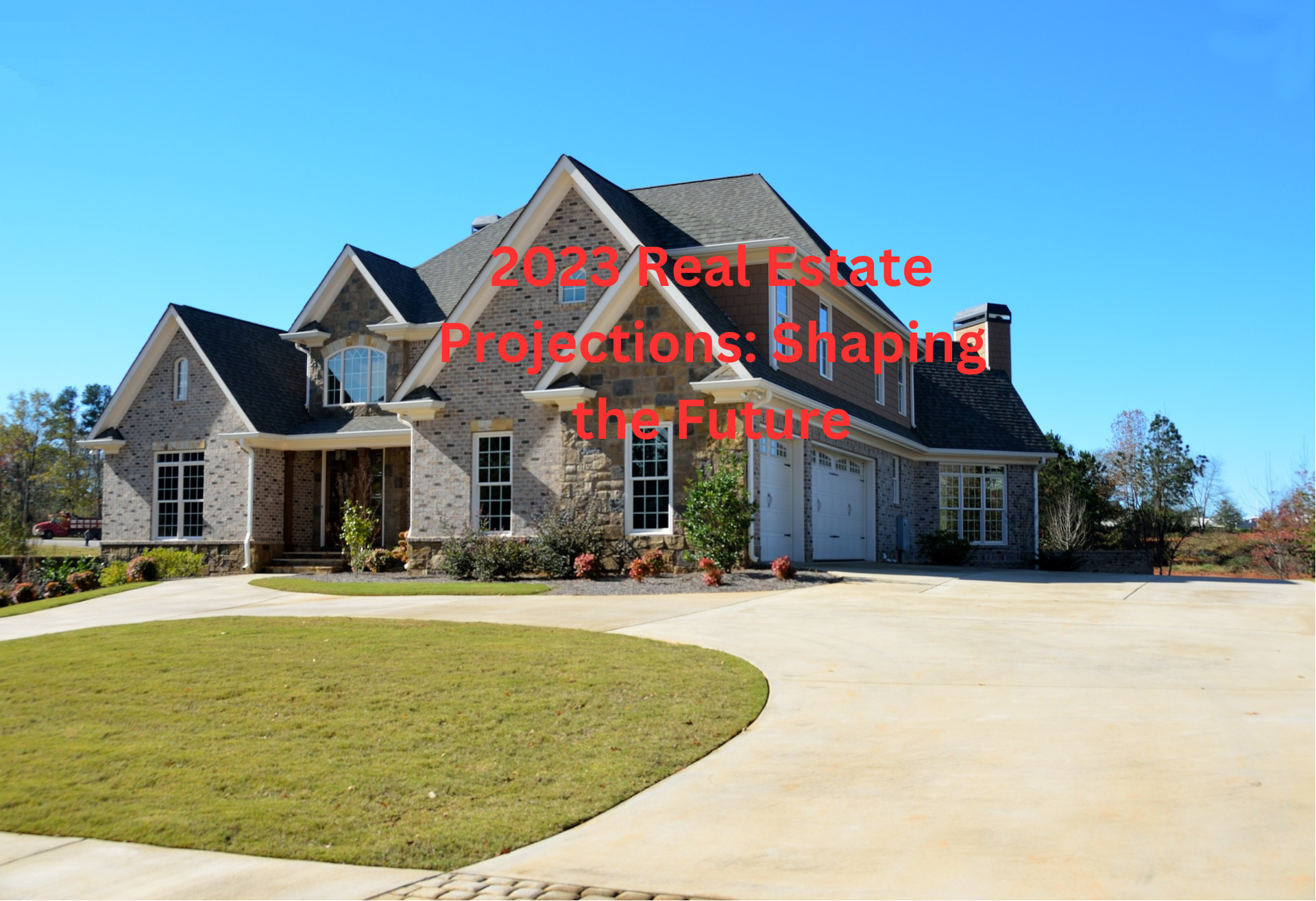2023 Real Estate Projections: Shaping the Future
The real estate market in 2023 is projected to be shaped by sustainable development practices, integration of smart technologies, the rise of suburban properties, flexible workspaces, and the continued influence of remote work on commercial real estate. Adapting to these trends will be pivotal for success in the evolving industry.
Embracing Smart Parking: A Growing Trend
Embracing smart parking is becoming a growing trend in the real estate industry. With the implementation of IoT, sensors, and mobile apps, smart parking solutions optimize space utilization, reduce congestion, and enhance user convenience. This trend is gaining traction as more urban areas recognize the value of efficient and technology-driven parking management systems.
Remote Work Shifts Commercial Real Estate Landscape
Remote work is causing a significant shift in the commercial real estate landscape. As companies embrace flexible work arrangements, the demand for traditional office spaces is decreasing. This shift necessitates the adaptation of workspaces, the exploration of coworking options, and the repurposing of commercial properties to cater to the changing needs of a remote workforce.
Embracing Digital House-Hunting: Real Estate’s Future
Embracing digital house-hunting is crucial for the future of the real estate industry. Online platforms and virtual tours empower buyers with access to a wider range of properties, streamline the search process, and revolutionize property transactions. Adapting to this digital shift is essential for success in the evolving real estate landscape.
Increasing Home Prices: A Market Outlook
Home prices are on the rise, reflecting a bullish market outlook. Factors such as low inventory, strong demand, and favorable lending conditions contribute to the upward trend. However, potential buyers may face affordability challenges, while homeowners benefit from the appreciation of their property values in the current market climate.
Urban Rental Markets Face Decline
Urban rental markets are experiencing a decline as various factors impact demand. Shifting preferences, remote work trends, and economic uncertainties contribute to higher vacancies and decreasing rental prices in urban areas. Landlords must adapt to these challenges and employ innovative strategies to revive the rental market in larger cities.
Reduced Participation: Individual Real Estate Investors
Individual real estate investors are experiencing reduced participation in the market. Rising property prices, stricter lending regulations, and increased competition from institutional investors contribute to this trend. Individual investors face challenges in entering the market, requiring alternative investment strategies and careful navigation of the evolving real estate landscape.


